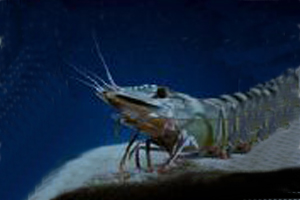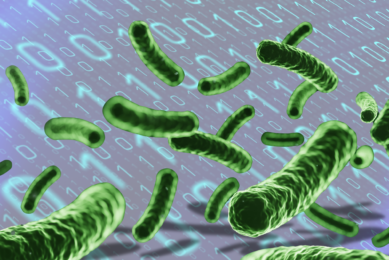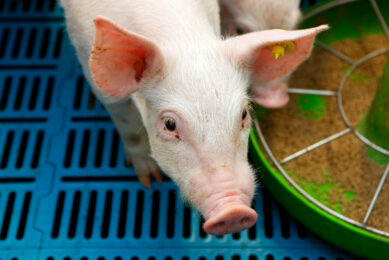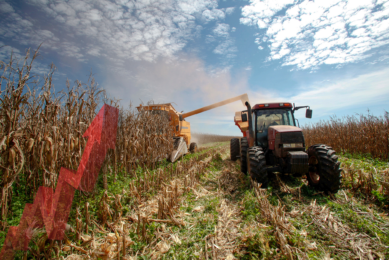Norel: Shrimp enzymatic activity and performance

Reduced digestibility is a common disadvantage in vegetable raw materials, limiting their inclusion in shrimp feed as fish meal replacer. Probiotics with high enzyme production capacity, such as B. amyloliquefaciens (Ecobiol Aqua), are a viable alternative since they help animals to better digest the diet.
In two recent trials the effect of Ecobiol Aqua on shrimp (Litopenaeus vannamei) was evaluated. Ecobiol (2 kg/MT) was tested against a control group. The results stated that juveniles’ biomass was significantly higher in the Ecobiol group from 50 days onwards and tended to be higher after 30 days.
In the second test, shrimps were fed after 12 hours fasting. Hepatopancreas was obtained 6 different times after feeding and enzyme activity determined. The figure shows that lipase activity was higher in the Ecobiol group after 3 hours whereas protease and amylase activities were higher just 1 hour after feed administration.
Use of Ecobiol Aqua in shrimp diets can reinforce the animals’ enzyme activity, enhancing nutrient utilization efficiency. Besides complementing shrimps’ basal enzyme activity, Ecobiol helps antagonizing pathogenic bacteria thanks to its lactic acid and bacteriocine (Barnase) excretion. It also acts as a water bioremediation agent, improving animal environment.











